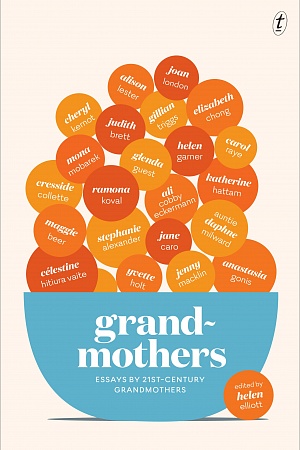Terri-Ann White reviews 'Trouble in Lotus Land' by Charmian Clift, 'The Devious Being' by Betty Roland, and 'Eat My Words' by Marion Halligan
The task of reading these three books together provided more than I was anticipating. Their perspectives of decades of Australian society and writing practices cover the past, the personal and the politics. The writers come from three different generations (born 1903, 1923, 1940), and represent particular writing intentions or schools, certainly different genres. The connecting thread, probably the only one, is that each of the books is written form such a particularised stance. Each is written in the first person, and flirts to varying degrees with the confessional mode. The tensions between restraint and letting it all hang out, what gets said and what comes out in the not-saying, interested me.
Charmian Clift’s essays, published in a weekly column in the Sydney Morning Herald and the Melbourne Age between 1964 and 1967, and now collected into three volumes, are fascinating examples of the way that cultural politics can work in the mass media, how subversion can be possible. It also shows just how sophisticated our tactics are now. These sixty-five essays, collected by Nadia Wheatley under the title Trouble in Lotus Land, are wonderfully vibrant. They are always written in a relaxed and conversational mode, the tone by which ‘women’s journalism’ has always been identified. Clift passionately grapples with issues of politics and the business of everyday life, educating about specifics through a process of sharing, and never speaking down to her audience. I wondered, while I was reading these, about equivalents today, and how they would be written and read. I could only come up with examples of pop psychology journalism.
Continue reading for only $10 per month. Subscribe and gain full access to Australian Book Review. Already a subscriber? Sign in. If you need assistance, feel free to contact us.















Leave a comment
If you are an ABR subscriber, you will need to sign in to post a comment.
If you have forgotten your sign in details, or if you receive an error message when trying to submit your comment, please email your comment (and the name of the article to which it relates) to ABR Comments. We will review your comment and, subject to approval, we will post it under your name.
Please note that all comments must be approved by ABR and comply with our Terms & Conditions.